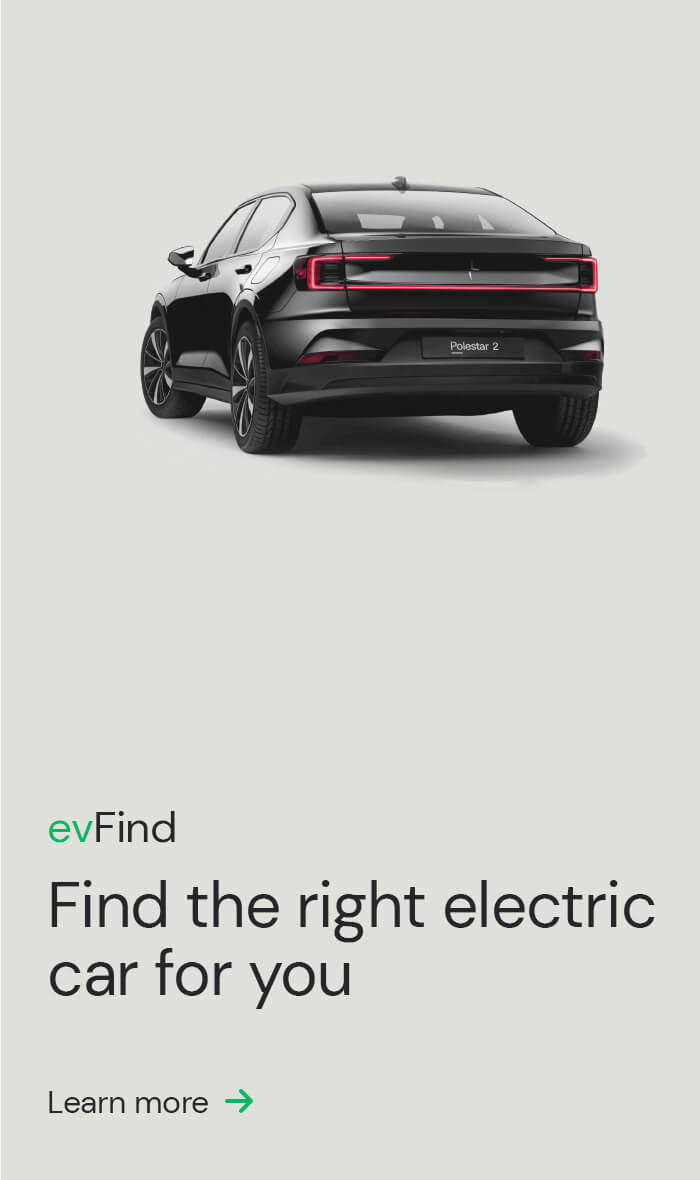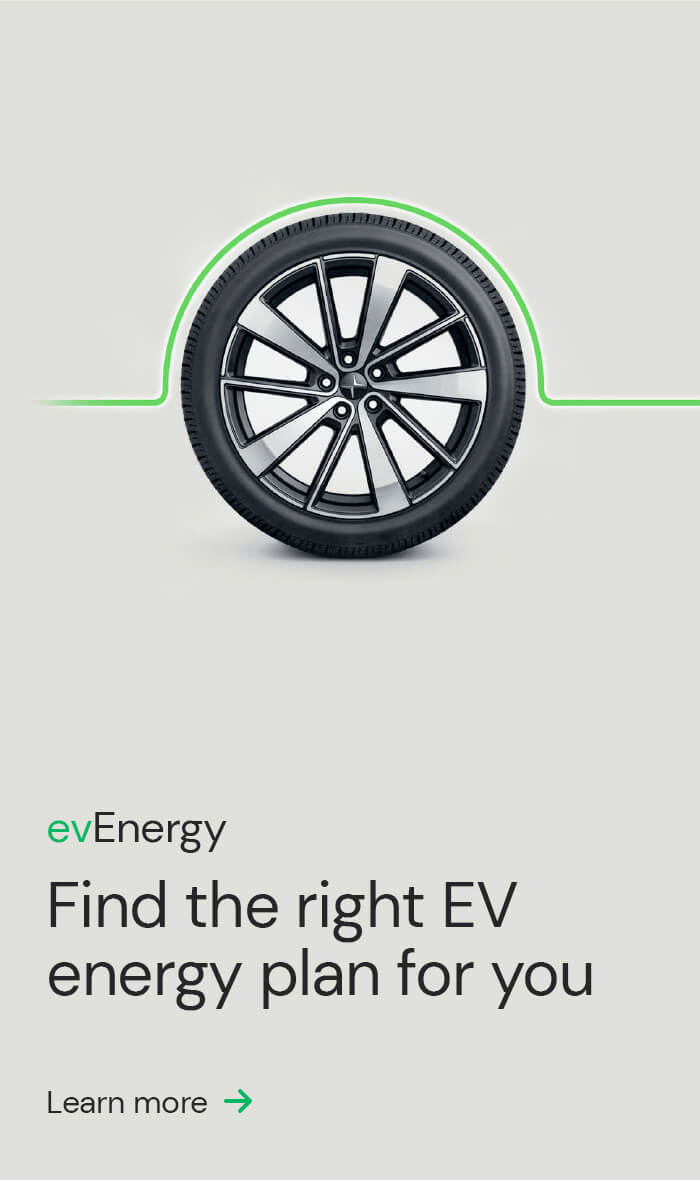Are electric cars powerful? You may be surprised to learn that electric cars effortlessly outperform their petrol-powered counterparts in many ways. More efficient and with fewer moving parts, EVs can deliver a seriously powerful driving experience.
From faster acceleration to greater horsepower, let’s explore all the ways that EVs can surpass internal combustion engine cars.
Electric cars have greater horsepower than petrol cars
Horsepower is the power that a car’s engine produces, the higher the horsepower, the stronger and faster the car’s speed. Electric cars are driven by an electric motor rather than an internal combustion engine. The latter has a complex, piston-propelled system that is run through a gearbox in order to build up speed and this takes time.
How powerful are electric cars? A standard car’s horsepower is about 120hp. In contrast, Tesla’s Model S delivers between 360 – 470hp. Because EVs’ electric motors generate instant linear torque, they have more horsepower. As soon as the accelerator is pushed, the motor instantly delivers power to the wheels.
Electric cars accelerate quicker than petrol cars
In terms of electric cars vs petrol cars, EVs can hit peak torque from zero kilometres an hour. With a single gear transmission, the energy from the battery reaches the wheels faster resulting in rapid acceleration.
Electric cars are more efficient too, with 85% – 90% of their energy being utilised for vehicle movement, compared to internal combustion engine cars that convert just 17% – 21% of their energy into motion and speed. Simply put, fewer moving parts on an EV means less wasted energy.
How do EVs handle their immense power?
While the thought of hurtling off at top speed is alluring, it may have you wondering about safety. The good news is that all EVs are designed and built to handle their rapid acceleration. To start, EVs are extremely heavy due to their large batteries, creating a low centre of gravity, and consequently bringing more stability to the vehicle.
EVs also have more advanced traction control systems than regular cars. They calculate the torque each wheel is receiving at all times to prevent spin outs. Furthermore, EVs often have larger, wider tyres for better grip and handling.
Summary
- Electric cars have greater horsepower than petrol cars, with a standard car having about 120hp and Tesla’s Model S between 360 – 470hp.
- EVs accelerate faster and can hit peak torque from zero kilometres an hour.
- Electric cars use 85% – 90% of their energy for vehicle movement, compared to internal combustion engine cars that convert just 17% – 21%.
- EVs are equipped with advanced traction control systems, wider tyres, and a low centre of gravity to help handle their power.
Are you considering making the switch to an electric vehicle? ActewAGL can help you effortlessly find, finance and charge your EV. Discover how ActewAGL can support your transition to sustainable driving today.
Sources
https://www.tesla.com/es_ES/blog/tesla-all-wheel-drive-dual-motor-power-and-torque-specifications



